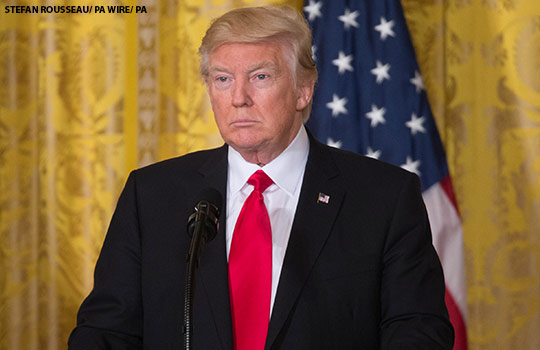I saw the first asylum seeker around ten years ago in my clinic. He came from a country with an autocratic president against whom he had peacefully protested. The government would not accept dissent from its citizens and they arrested, detained, and tortured him. He was released, but he was told that he would be […]
Category: US healthcare
William Cayley: Comprehensiveness, diversity, and primary care
As medicine continues to grow in complexity and diversity, it is fair to ponder what roles may be best suited for the medical workforce of the future. A recent opinion piece argued that since we have no models permitting “any single physician to simultaneously and effectively serve the many patient subpopulations that exist,” we need […]
Sanjay Saint et al: Motivational interviewing for healthcare providers
Improving patient safety through behavioral change is something that all healthcare providers strive to achieve. Supported by a three year grant, we are involved in a new way of doing this by using motivational interviewing (MI) among staff to improve patient outcomes. A technique typically used by clinicians for patients, MI aims to empower and […]
John J Park and Rifat Atun: Will global health be Trumped?

Donald Trump’s election as the 45th President of the United States (US) has left many in the global health community startled. What lies ahead for the future of global health and sustainable development, especially for millions of vulnerable people largely dependent on US assistance for health? When Donald Trump famously announced: “I am not running to […]
The consequences of repealing and replacing Obamacare: A troublesome paradox

To the approval of millions of Americans, President-elect Donald J Trump campaigned on directing the US Congress to repeal the Affordable Care Act (ACA or Obamacare). As the dust settles from Mr Trump’s surprising victory on 8 November, the Republican Party finds itself with looming control of all three branches of the US federal government. […]
The Affordable Care Act: Lessons learnt and unintended consequences
The Affordable Care Act (ACA), colloquially called “Obamacare,” has drastically changed the American healthcare landscape: providing a safety net to millions of uninsured people, creating more robust mechanisms for improving the quality of healthcare delivery, and essentially changing the way that hospitals operate. Although the effect of the ACA upon the number of uninsured people […]
William Seligman and Mataroria Lyndon: Making American healthcare great again?
After eighteen months of breakneck campaigning, there are few who would have predicted the results we saw in the United States presidential election last night. Donald J. Trump, described by President Barack Obama as the “single least qualified candidate for the presidency in the history of the United States,” swept to victory winning traditional conservative […]
William Seligman: What’s going to happen to US health policy after the presidential election?
Whether it’s the razzmatazz, scandal, or fear generated by the forthcoming US presidential election, it’s fair to say that people are talking about it worldwide and watching closely as 8 November approaches. The outcome of this election will, I think, have implications worldwide particularly on account of the candidates’ views on immigration, trade, and foreign […]
No waiving goodbye to Medicaid expansion: What does the rejection of Ohio’s Medicaid waiver proposal mean for other states?
Since the enactment of the Affordable Care Act (ACA, or Obamacare), the number of uninsured individuals in the United States decreased from 49 million in 2010 to 29 million in 2015. While the American press and political debate remain focused on the shortcomings of the ACA’s Health Insurance Marketplace, relatively little attention is paid to the […]
Neel Sharma: Lessons from the Bronx
I have just relocated to the Bronx in New York. At 29 I made it my mission to work and live abroad. I realised there comes a point when simply obtaining knowledge from books, online, or during conferences serves a limited purpose in medicine and in life in general. The only way to really learn […]